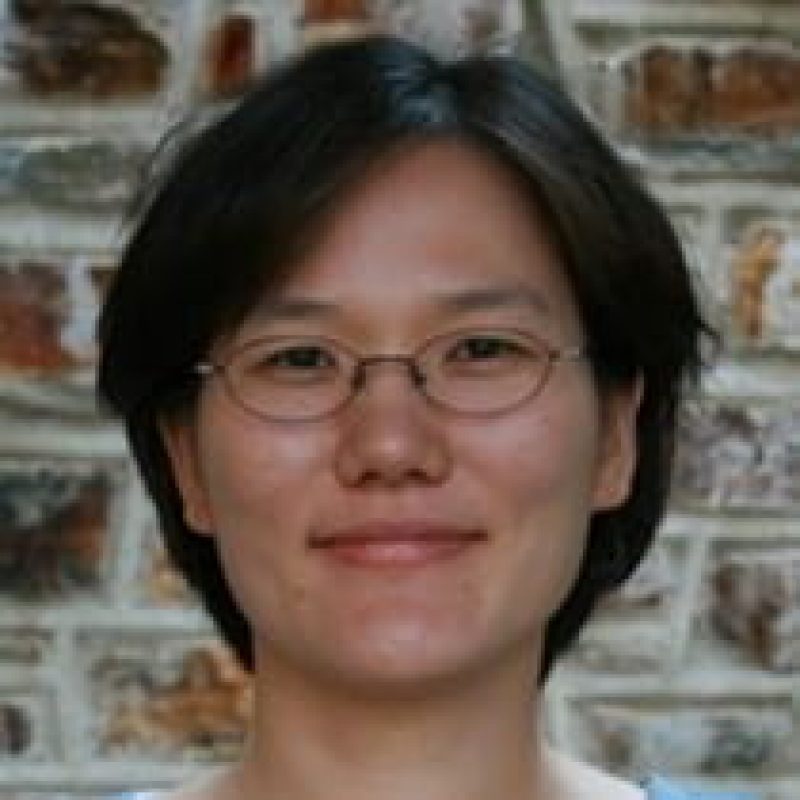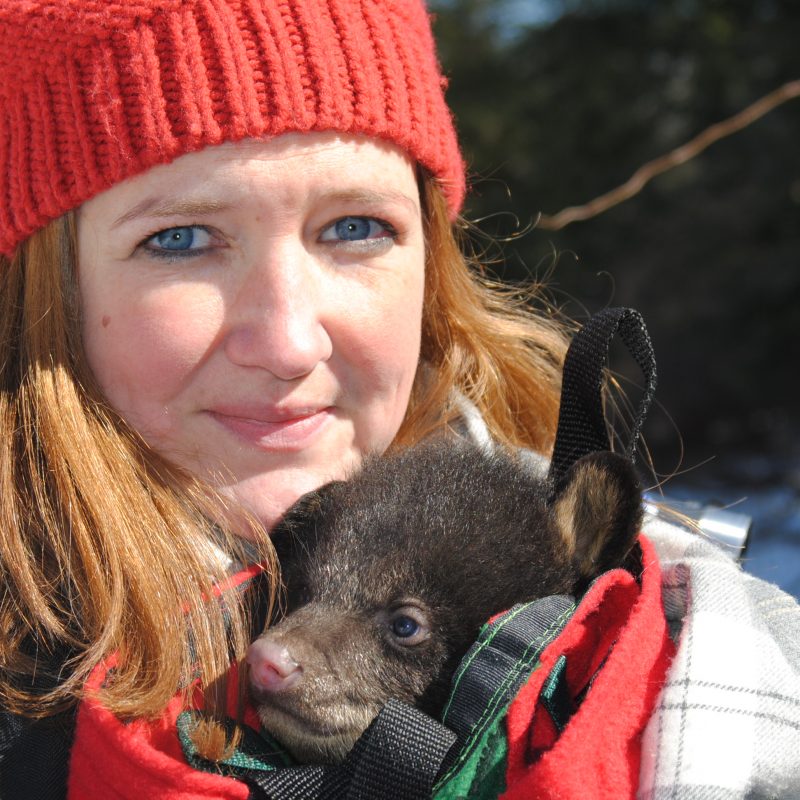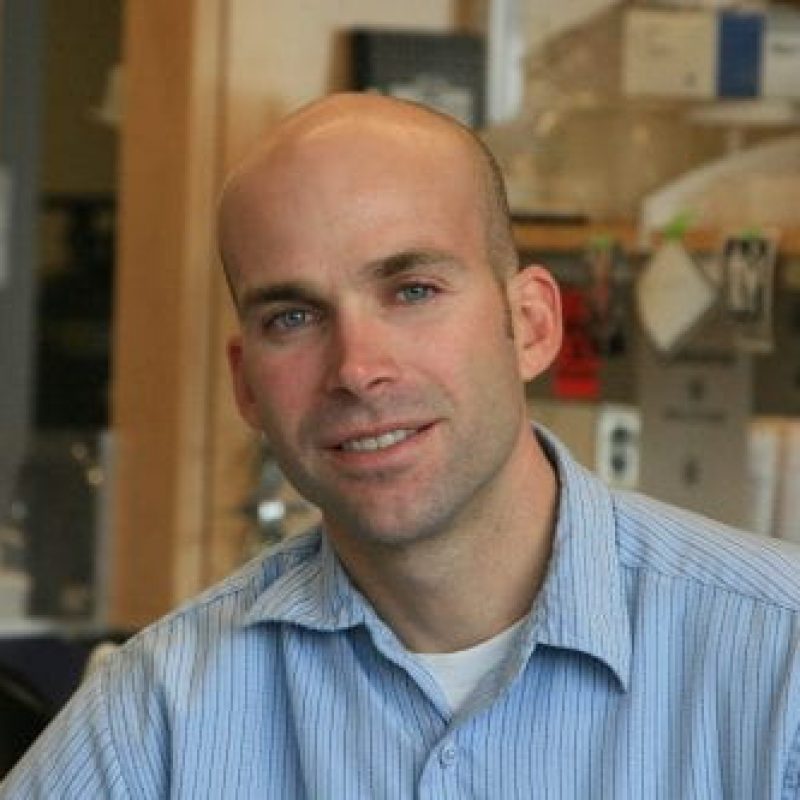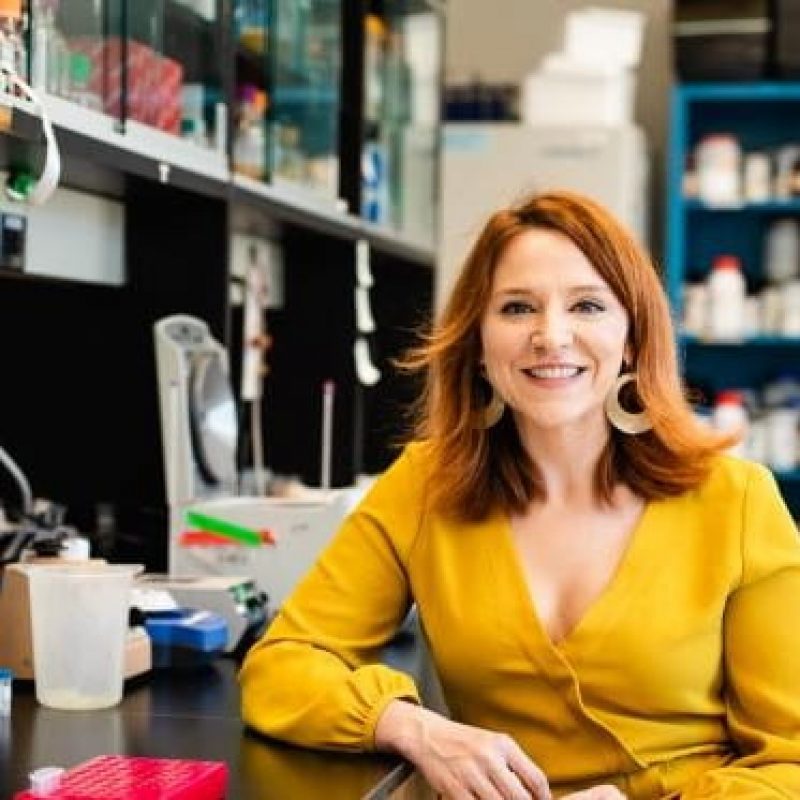Tag: Viruses
-

Gary Whittaker
My lab has a broad interest in the structure and function of viral envelope proteins, and how genomic mutations lead to changes in the envelope proteins and control viral pathogenesis. We primarily study influenza viruses of humans and animals, and coronaviruses, principally, SARS-CoV, MERS-CoV and[...] -

Jeongmin Song
The unifying themes of my ongoing research program are seeking to understand the underlying mechanisms that control the pathogenesis and disease associated with bacterial infections, as well as developing control strategies for the bacteria or its associated disease. The main focus for the past years[...] -

Krysten Schuler
My research group focuses on free-ranging North America wildlife to improve health outcomes across a variety of species, their pathogens and parasites. At the Cornell Wildlife Health Lab, we derive solutions from novel mathematical applications, innovative diagnostic evaluations, field-based studies, and human dimensions of wildlife[...] -

Brian Rudd
The Rudd lab is interested in how microbes alter immune development and how the adaptive immune system protects the host against acute and chronic pathogens. -

Joe Peters
The Peters lab studies microbial evolution via mobile genetic elements. We are interested in how mobile elements evolve new functions within host-associated bacteria. Students in the lab will develop skills in bioinformatics, molecular genetics, and biochemistry. An example student project is using sequencing data to[...] -

Colin Parrish
My laboratory studies viruses, with a particular focus on viruses that have jumped into new hosts to cause epidemics of disease. One model we study is canine parvovirus, which is a cat virus that transferred into dogs in the mid-1970s and subsequently caused a global[...] -

John Parker
The Parker lab uses the mammalian orthoreovirus model system and other human viruses to study virus-host interactions at the molecular and cellular level. Current projects are focused on the mechanisms viruses use to overcome translational repression and optimize translation of viral mRNAs, as well as[...] -

Cynthia Leifer
The Leifer lab investigates how the immune system detects and initiates inflammatory responses to microbes. We focus on innate immune macrophages and the regulatory mechanisms that control inflammation through Toll-like receptors (TLRs). -

Michelle Heck
Our research uses a combination of molecular, genetic, and proteomics approaches to understand how insects transmit plant pathogens and how pathogens manipulate host plants to ensure replication and transmission. For instance, students will characterize the transmission rates of viruses by different genotypes of aphids in[...] -

Clare Casteel
Numerous studies demonstrate that vector-borne pathogens influence host characteristics, resulting in altered host-vector interactions and enhanced transmission. We seek to determine the molecular mechanisms that underlie this phenomenon and use this knowledge to develop innovative control strategies using genetic and biochemical approaches. Current focuses are[...]
